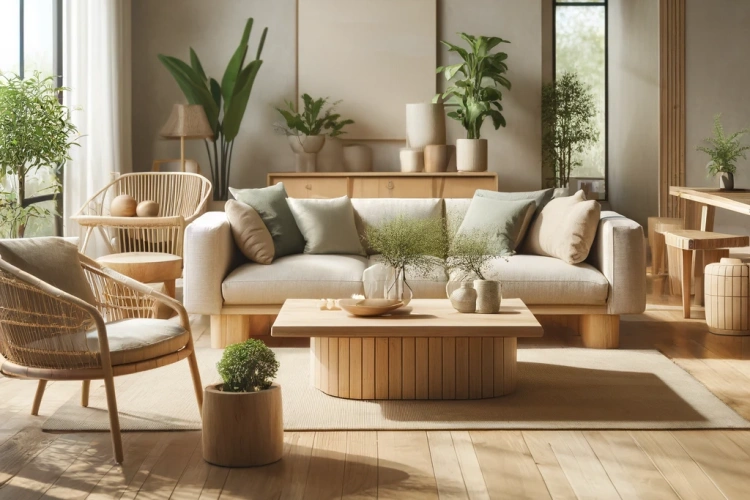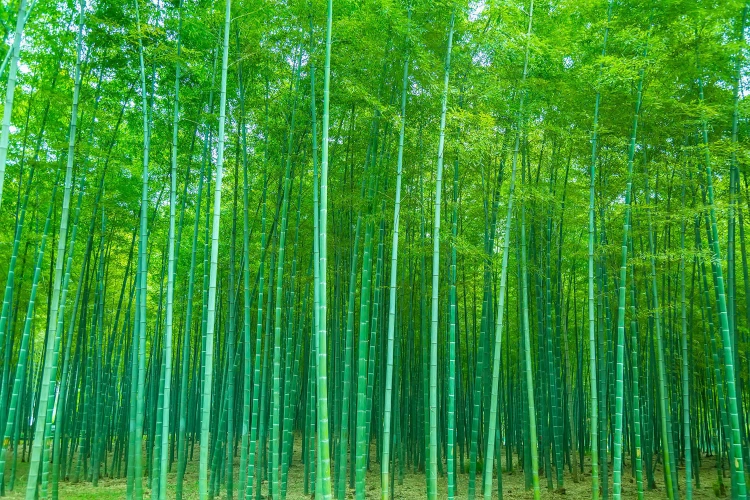Bamboo, often called the “green gold,” is more than just a plant. It is a symbol of resilience, sustainability, and versatility. This article delves into the myriad uses and cultural significance of bamboo, shedding light on why it is becoming increasingly popular in various industries and everyday life.
A Sustainable Marvel
Bamboo is renowned for its rapid growth and environmental benefits. Unlike traditional hardwoods, bamboo can grow up to 3 feet in 24 hours, making it one of the fastest-growing plants on Earth. This rapid growth allows for frequent harvesting without depleting natural resources, making bamboo a sustainable alternative for many products.
Uses of Bamboo: A Multifaceted Resource
Construction Material: Bamboo’s strength and flexibility make it an excellent building material. From scaffolding to flooring, bamboo is used in construction worldwide. Its tensile strength rivals that of steel, making it a reliable and eco-friendly option.
Textiles and Fashion: Bamboo fibers are soft, breathable, and antibacterial, making them ideal for clothing and textiles. Bamboo fabric is increasingly popular for its comfort and durability, offering a sustainable alternative to cotton and synthetic materials.
Culinary Delights: In many Asian cuisines, bamboo shoots are a delicacy. Rich in nutrients and low in calories, they are a healthy addition to various dishes. Bamboo is a natural and sustainable alternative to plastic cutlery and plates.
Furniture and Home Decor: Bamboo’s aesthetic appeal and durability make it a favorite in furniture design. From minimalist bamboo chairs to intricate home decor items, bamboo adds a touch of elegance and sustainability to any space.

Paper and Packaging: Bamboo pulp produces high-quality paper and packaging materials. Its rapid growth and renewability make it a more sustainable option compared to traditional paper sources.
Cultural Significance
In many cultures, bamboo symbolizes strength, flexibility, and longevity. In China, it is a symbol of integrity and virtue, often associated with scholars and sages. Bamboo also plays a crucial role in various cultural rituals and traditional crafts, showcasing its deep-rooted significance beyond its practical uses.
Bamboo is not just a plant; it is a testament to nature’s ingenuity and resilience. Its versatility, sustainability, and cultural importance make it a valuable resource for a greener future. As more industries and consumers turn to bamboo, it is clear that this evergreen wonder will continue to play a vital role in promoting sustainable living and preserving our planet.






